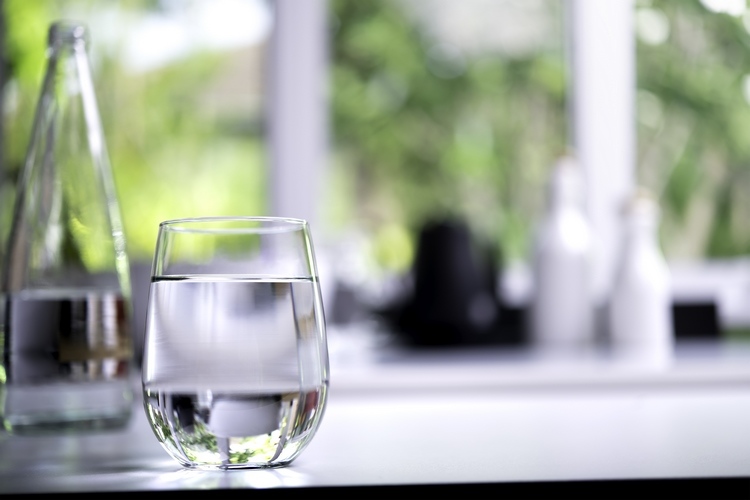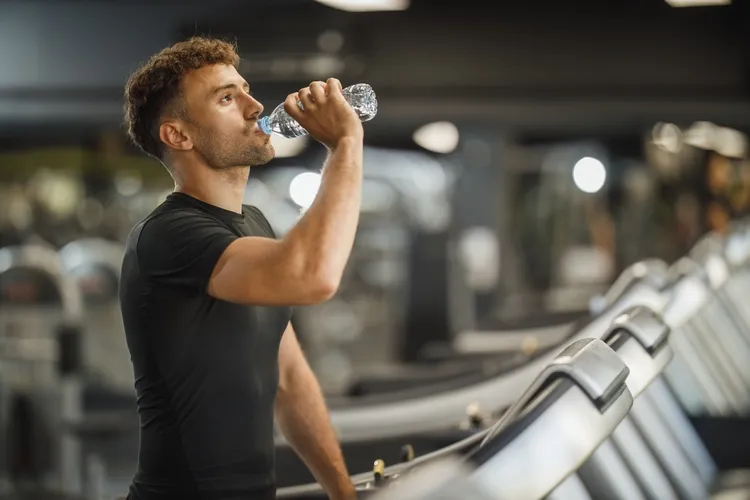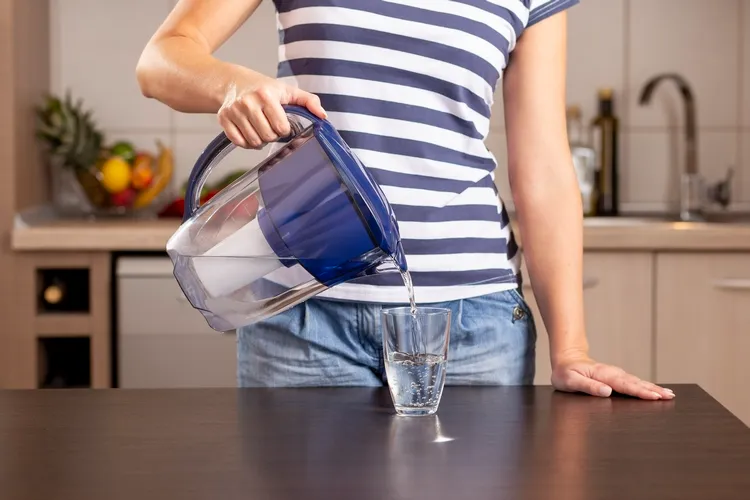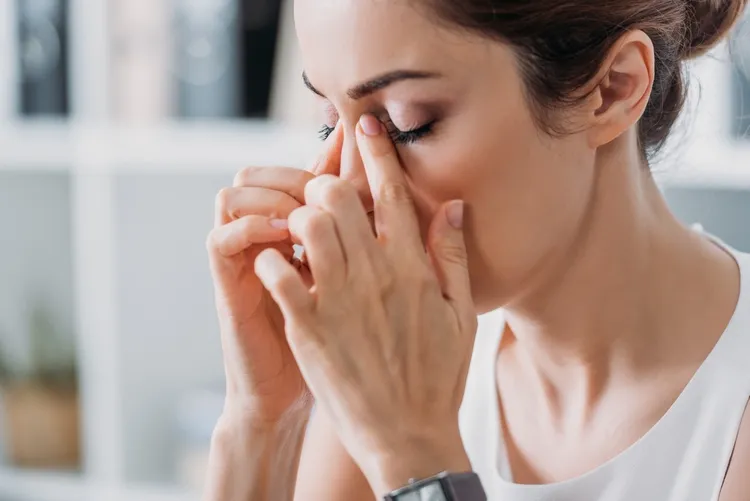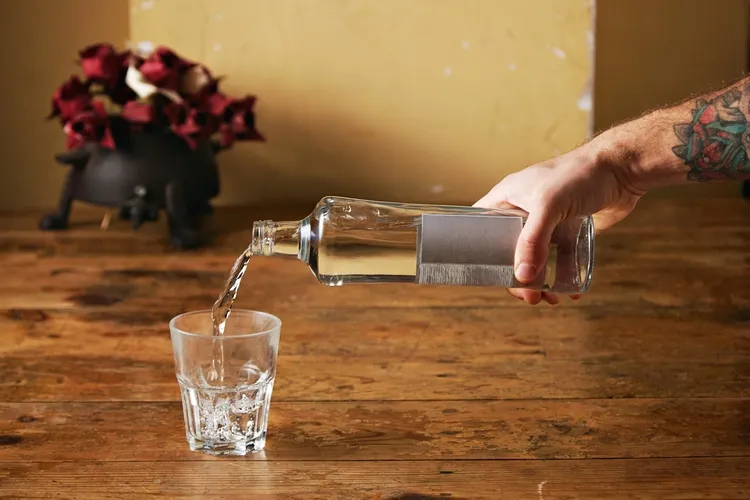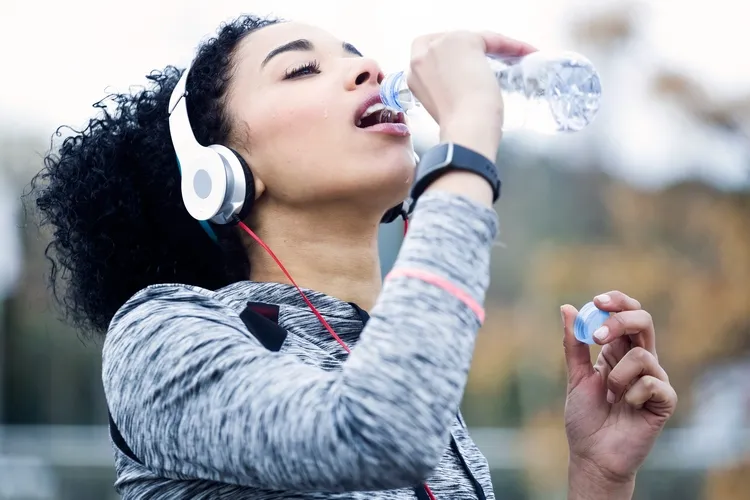Water is undoubtedly necessary for human survival. The bulk of our planet’s surface is covered in water, as is most human bodies. And the health benefits of drinking water are widely known.
What are the Health Benefits of Drinking Water?
However, while this vital hydrating liquid should be clear, pleasant, and healthy, that is not always the case. Pollution, pesticide residues, toxic metals, and organic matter can all possibly work their way into our water resources. These substances create a moderately unpleasant tinge or odor to our water at the very best. At worst, they endanger our immediate and long-term health.
These unfavorable conditions have compelled people to switch from tap to bottled water, resulting in substantial costs to the environment. This switch has also made to miss out on the benefits of tap water.
On the plus side, drinking water filter systems are a practical and cost-effective solution to ensure that you always have access to clean, refreshing water. They also promote sustainability because of reduced inorganic waste from plastic bottles.
According to the Environmental Protection Agency and the Water Quality Association, 40 percent of American citizens use water filtration systems in their households to improve the quality of their drinking water – and you should, too.
You don’t want to lose out on the health benefits of drinking water, as described below.
Assists in energizing muscles
When cells lose their fluid and electrolyte balance, they shrink, leading to muscle tiredness. Studies demonstrate that when muscle fibers lack sufficient fluids, they operate poorly, causing an individual’s performance to suffer.
And so, it is critical to drink enough water while exercising. Observe the American College of Sports Medicine’s hydration guidelines before and during exercise. These guidelines propose that individuals consume approximately 17 ounces of liquids two hours prior to training. They advised that individuals begin drinking fluids early and regularly during exercise to replenish fluids lost through sweating.
Health Benefits of Drinking Water – Contributes to Weight Loss
While water does not possess any magical fat-burning abilities, it can assist in regulating appetite and enhancing biological functions that contribute to weight management. “Many people mistake hunger for thirst and eventually wind up nibbling on unneeded calories rather than drinking,” Carrie explains. So, if you’re looking to lose weight, sip a glass of water whenever you’re hungry.
Additionally, you can sip water while eating. During meals, increasing your fluid consumption may push you to munch more slowly, allowing your fullness cues to catch up.
While drinking water is not a replacement for food, it can help alleviate hunger. Additionally, it can assist with sugar cravings. When we are dehydrated, it becomes more difficult for the body to metabolize stored energy (glycogen), and as a result, we need sweets to meet our energy needs.
Could aid in constipation relief
Constipation is marked by infrequent bowel motions and stool passage problems.
Increased water intake is frequently suggested as part of treatment, and the evidence is there. Constipation appears to be linked to dehydration in both young and old people.
Hydration may help relieve constipation, especially mineral water.
Mineral water high in sodium and magnesium has been demonstrated in studies to enhance constipation sufferers’ bowel movement regularity and consistency.
It could be beneficial in preventing and treating headaches
In certain individuals, dehydration can provoke headaches and migraines.
According to studies, among the most prevalent signs of dehydration is a headache. For instance, a research of 393 (1) adults discovered that 40% of participants had a headache because of dehydration.
Additionally, some studies have suggested adequate water intake can help alleviate headaches in those who suffer from them frequently. Indeed, the benefits of drinking a lot of water are numerous.
A research of 102 (2) men discovered that increasing their daily water intake by 50.7 ounces (1.5 liters) led to big changes on the Migraine-Specific Quality of Life Scale, a rating scale for migraine episodes.
Additionally, 47% of men who took more water observed relief in headaches, compared to 25% in the placebo group.
Nevertheless, not all researchers concur, and researchers concluded that additional research is necessary to clarify how boosting hydration may alleviate headaches and frequency.
It’s beneficial to the skin
Water is hailed as a necessary component of our beauty regimen, but what are the benefits of drinking water for skin? Our skin is generally a thirsty organ containing around 72% water.
Many aestheticians and dermatologists believe that enough hydration is critical for maintaining the skin’s elasticity, smoothness, tone, and look. Therefore, in addition to eating healthfully, ensure that you consume an adequate amount of liquids to maintain youthful skin. You avoid adding calories to your regular diet while retaining adequate hydration by choosing water.
A balanced fluid intake also helps maintain a healthy balance of oil in the skin, which helps prevent greasiness. Additionally, it protects the skin sufficiently against wind and sun damage. You will, however, need your sunscreen. Indeed, drinking adequate water can aid in treating skin diseases such as cracked heels.
Beneficial to the kidneys
Body fluids are responsible for transporting waste items into and out of the human cells. Blood urea nitrogen is the primary toxin in the body. It is a water-soluble matter that can pass past the kidneys and be expelled in the urine.
As long as your fluid intake is appropriate, your kidneys do an incredible job of purging and eliminating toxins from your body.
When you are well hydrated, urine flows easily, is clear in color, and is odorless. When your body is dehydrated, your urine’s color, concentration, and odor increase as the kidneys trap excess fluid for biological activities.
If you drink too little water regularly, you may increase your chance of developing kidney stones, particularly in hotter areas.
Health Benefits of Drinking Water – It contributes to saliva production
Saliva is primarily composed of water. It contains trace amounts of electrolytes, mucous, and enzymes which play an important role in the digestion of solid meals and the maintenance of a healthy mouth.
With proper fluid intake, your body produces an adequate amount of saliva. Nevertheless, your saliva supply may decrease as you age or take certain medications or treatments.
Consult a physician if your mouth appears to be drier than average, and upping your water intake does not help.
What amount of water should you consume each day?
Daily consumption of four to six cups is recommended for typically healthy persons. However, you can overhydrate if you have thyroid disease, liver, kidney, or heart conditions, or if you’re using medications that cause you to retain water, like NSAIDs, opiate pain relievers, and perhaps some antidepressants.
That being said, how much water should you consume every day? There is no such thing as a one-size-fits-all solution. According to researchers, water intake should be tailored to the individual, and you should consult your physician if you are unsure of the appropriate amount for you.
However, even a typical person’s water requirements will differ, especially if you’re sweating excessively while exercising or are outside on a sweltering day. If you’re unsure how much water to drink during those times, consult your doctor, but a useful tip for healthy people is two to three cups every hour, or extra if you are sweating significantly.
Suggestions for preventing dehydration
Here’s an easy-to-follow breakdown of how to include extra water into your day in the following manner:
- Start the day right. Drink a cold beverage and eat water-rich fruit (such as watermelon or citrus) with your breakfast.
- Ignorance is bliss. Always replenish your cup, glass, or bottle. Whenever you see a glass of water next to you, you’ll drink more.
- Prepare. Always have a jug, bottle, or glass nearby. Or start the day with a large bottle and aim to finish it.
- Contrary to popular belief, do not rely on thirst. Because you don’t feel thirsty when it’s chilly, thirst isn’t always the best signal of your body’s fluid demands. Provided you’re drinking consistently throughout the day and frequently peeing – and your pee is a light, yellow color similar to straw – you’re getting enough water.
- Move around with your drink. Obtaining a healthy drink on the fly is difficult, so take a bottle. It doesn’t imply drinking only water; try low-sugar juices or herbal teas.
- Remember, food counts. Water is abundant in fruits and vegetables. Apples are 86% water, carrots are 88% water, and cucumbers are 97% water. Make the most of colorful, seasonal vegetables full of immune-boosting vitamins and minerals.
- Drink water while exercising. This is due to the fact that sweating causes you to lose more water. Drink plenty of water before, during, and after exercise.
- Examine your surroundings. Centrally heated houses and offices dry the air and accelerate perspiration evaporation. This can boost our hydration needs, so drink frequently.
In conclusion
The benefits of drinking more water are quite clear. Indeed, it is required by practically every cell in your body. Not only will adhering to your daily suggested intake help you keep your present level of health, but it may significantly improve it.

